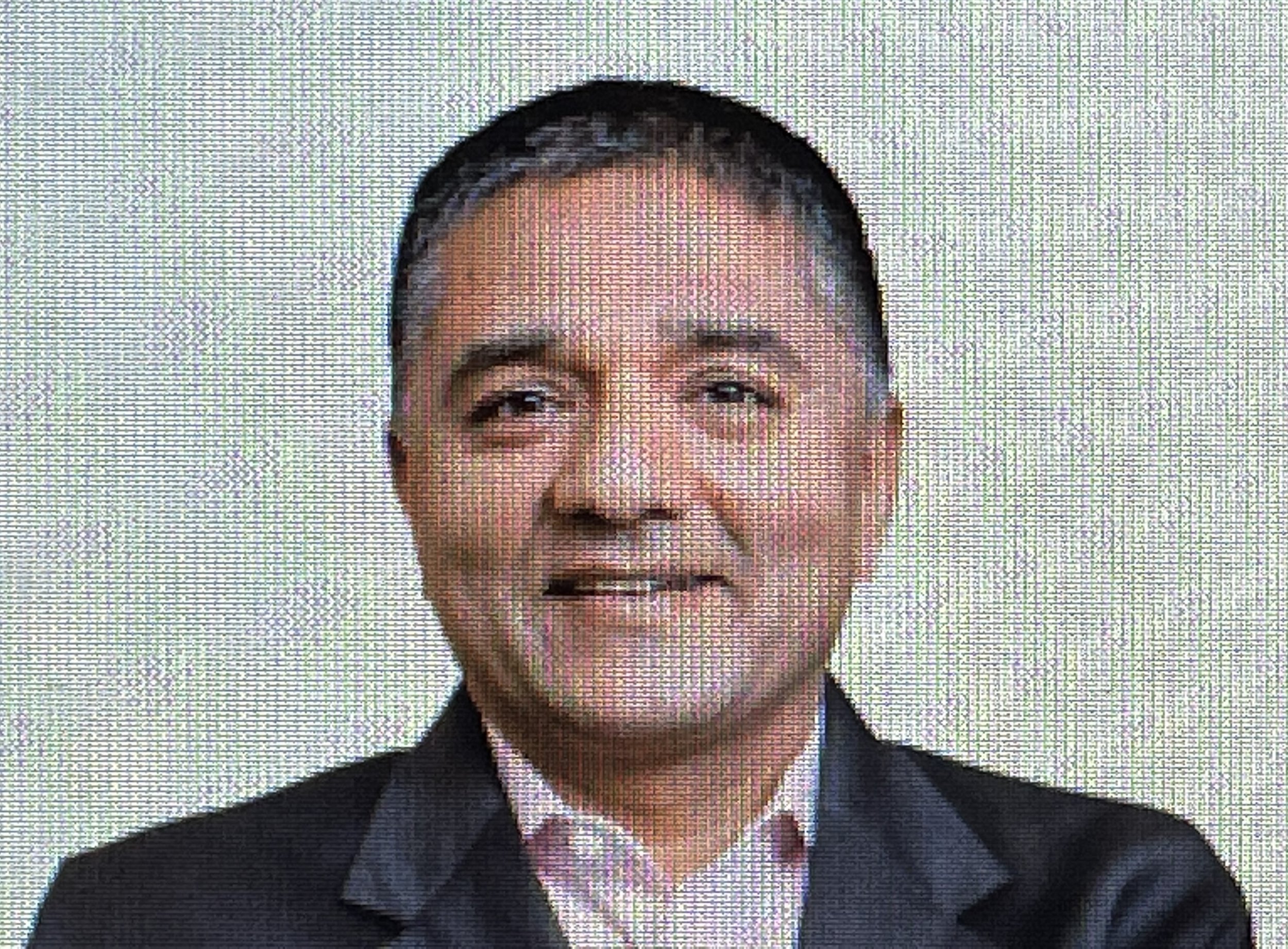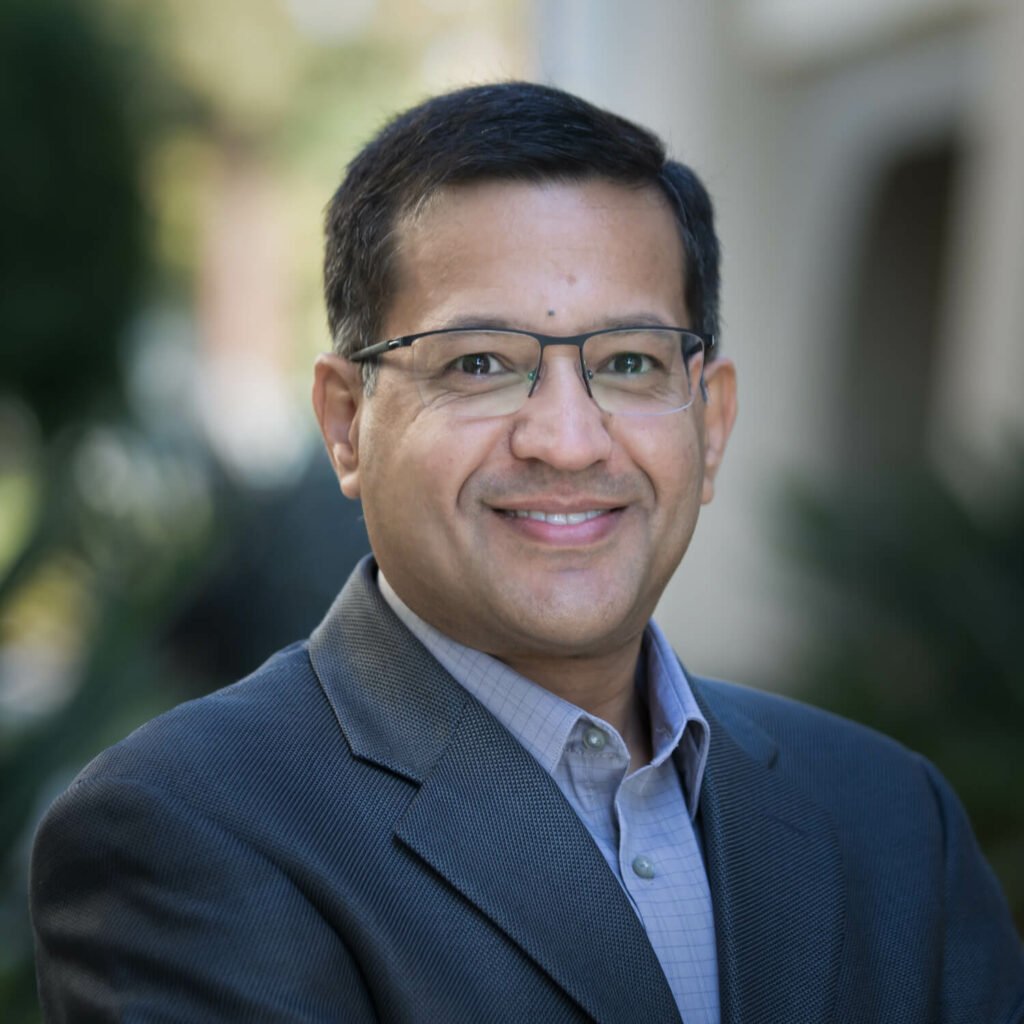Enphase, co-founded by Raghu Belur, rides global solar energy boom
July 26, 2022
Enphase Energy today reported $530 million in revenues and $94 million in operating earnings for the second quarter that ended June 2022. Revenues were up 68% from the year ago quarter while operating income rose by 52%. The growth was driven by “strong demand for” microinverters and batteries, Badrinarayanan Kothandaraman, Chief Executive of the Fremont, California company said in a statement.
A microinverter is a device that converts the direct current power from a solar panel into alternate current energy for use in a home. Enphase’s semi-conductor chip-based system also enables battery storage of solar energy and control and management of solar power generation and use. Its latest microinverters can provide sunlight power even without a storage battery and can restart a home energy system using sunlight only, after prolonged grid outages may have fully depleted the battery.
Investors expect Enphase to continue to show rapid growth in revenues and earnings, and that, too, over the long term, given the efficiency of its patented technology-based system and rising global demand for solar energy. Hence the company has a rich valuation: the stock sells at roughly 50 times estimated 2022 earnings and it has a stock market value of $30 billion, roughly 15 times its estimated 2022 revenues. The company, which has about 2,600 employees, runs a research and development center in Bangalore with several hundred employees.
Raghu Belur, who grew up in Bangalore, co-founded Enphase in 2006 with Martin Fornage, one of his best friends. They met while working as engineers at Cerent, which Belur joined in 1997. In 1999, Cerent was acquired by Cisco, the San Jose, California-based networking company.
Belur, 54-years-old, and Fornage, 58, left Cisco in 2002 to start a company which later failed. They then founded Enphase. “We were two guys and a dog doodling around” wanting to solve the important problem of climate change and hence started looking at ways to improve the generation of solar energy, Belur told YourStory. In two years, their team completed the research and development and created the first product. Growing rapidly, Enphase listed on the Nasdaq Stock Exchange in 2012.
While Belur serves as Enphase’s chief product officer, the CEO Badrinarayanan Kothandaraman is another Indian American. Kothandaraman, 50, joined Enphase in April 2017 as the chief operating officer and was appointed CEO in September 2017. He previously served as the Executive Vice President of the Data Communications Division of Cypress Semiconductor, a semiconductor design and manufacturing company, which he joined in 1995.
He received his Bachelor of Technology degree from the Indian Institute of Technology, Madras, and a Master of Science degree in materials science from University of California, Berkeley. He holds eight U.S. patents.
Kothandaraman owns Enphase shares worth $520 million. Currently, Belur is not a major stockholder. Had he held onto the shares he owned, when the company went public, they would now be worth about $1 billion.
Raghuveer (Raghu) R. Belur used to race motorcycles. He earned a BS in electronics engineering from Bangalore University in 1989. Then, for nine months he worked as an engineer on a team at the Indian Institute of Science, Bangalore, developing a natural gas-based alternate source of energy. He earned an M.S. in electrical engineering from Texas A&M University in 1993 and, while working at Enphase, an MBA from the University of California, Berkeley in 2009.
Speaking of his five start-ups, three of which failed, Raghu Belur, told YourStory, that while he was growing up in India, “failure was looked down upon.” In contrast, in the U.S., especially in the Silicon Valley, “when you say you failed a number of times, they look at you and say, ‘Wow, you’re really experienced.’”
Based on his experience, Belur offers three insights to entrepreneurs in the YourStory interview: It’s absolutely ok to fail - “If you accept the fact that you’re going to fail, it frees you up to succeed”; it’s ok to take risks since you want to do things that are transformational, not incremental; and focus - “you want to be very crystal-clear what problem you are solving. Once you figure out what problem you are solving, you can put an incredible amount of energy behind that.”
“The startup journey,” he added, “is very tough. The highs are very high and the valleys are very deep…the odds of success are one in a thousand but they are good odds for an entrepreneur…The worst thing or the best thing to tell an entrepreneur is that you cannot do it. That’s when you dig and find solutions,” to a business problem you have identified.
For access to stories each week, follow on: LINKEDIN or TWITTER or FACEBOOK






